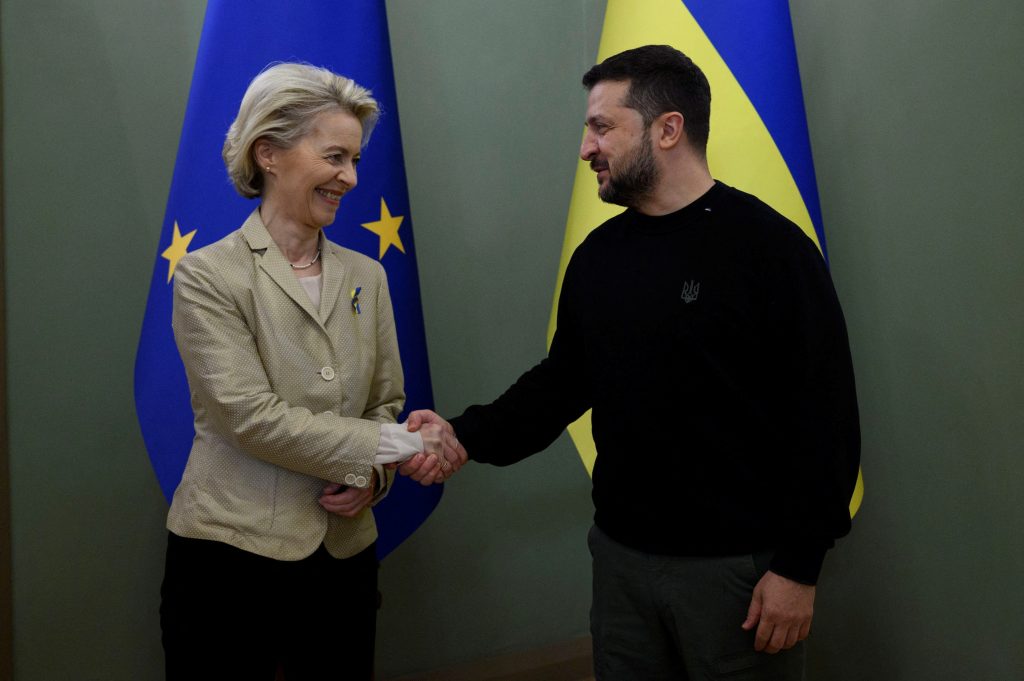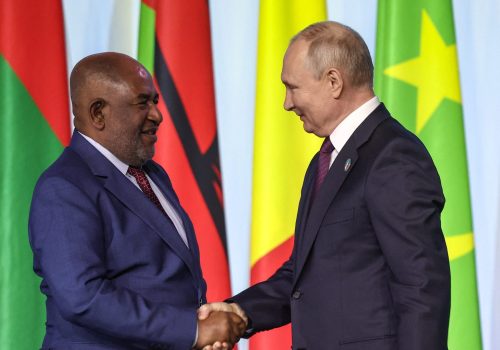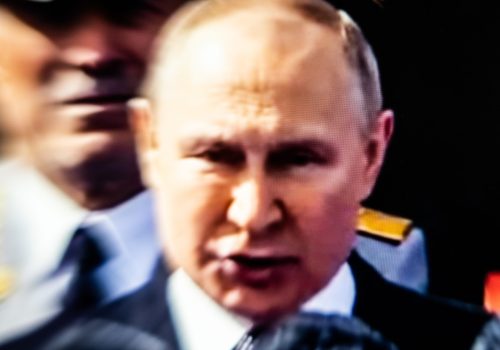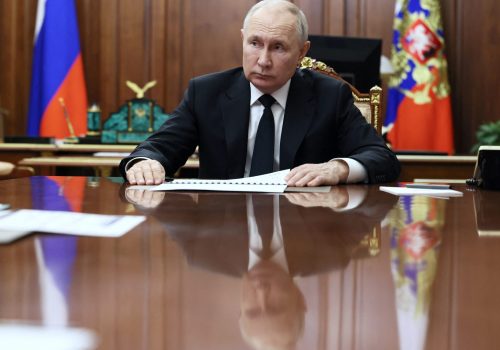In early November, the European Commission recommended that EU accession negotiations begin with Ukraine. EU leaders are now expected to confirm this decision in mid-December. This would represent a major milestone in Ukraine’s long quest for European integration that would reflect the historic changes taking place throughout Ukrainian society and in the country’s political arena.
In the last week of November, Ukraine marked ten years since the start of protests in late 2013 over then president Viktor Yanukovych’s decision to turn away from an association agreement with the European Union. When thousands of Ukrainians flooded into central Kyiv’s Independence Square (“Maidan Nezalezhnosti”) to oppose this sudden U-turn, Yanukovych responded with a heavy-handed crackdown that transformed a protest movement into a revolution. By the time the Euromaidan Revolution was over three months later, dozens of protesters had been killed and Yanukovych had fled to Russia.
In the immediate aftermath of the revolution, Russia launched a military operation to seize control of Ukraine’s Crimean peninsula. This was to prove the first act in ten years of escalating Russian military aggression against Ukraine that would eventually lead to the full-scale invasion of February 2022.
Russia’s use of force has caused untold suffering but it has failed to reverse Ukraine’s historic pivot toward Europe. On the contrary, Ukrainian public support for European integration has surged over the past decade to record highs, while enthusiasm for closer ties with Moscow has evaporated.
Political developments have mirrored this historic shift in Ukrainian public opinion. In summer 2014, new Ukrainian President Petro Poroshenko reversed his predecessor’s rejection and signed a landmark association agreement with the EU. Following the successful implementation of anti-corruption reforms and other measures to bring Ukrainian legislation more into line with European Union norms, Ukraine secured visa-free EU travel in 2017.
Stay updated
As the world watches the Russian invasion of Ukraine unfold, UkraineAlert delivers the best Atlantic Council expert insight and analysis on Ukraine twice a week directly to your inbox.
In the first days of Russia’s full-scale invasion, Ukrainian President Volodymyr Zelenskyy officially applied for EU membership. The move was a clever piece of political theater that drew attention to Russia’s war aim of derailing Ukraine’s Euro-Atlantic integration and robbing the country of its independence. European leaders certainly seemed to recognize the significance of the moment. Four months later, they officially granted Ukraine EU candidate nation status.
Candidate status was accompanied by a list of seven recommendations Ukraine needed to address before it could be considered for full EU membership. Tasks included judicial reform and progress in the fight against corruption along with measures to tame the influence of oligarchs, improve press freedoms, and protect national minorities.
Ukraine’s progress over the past year on these seven points was deemed sufficient by the European Commission to recommend the opening of official membership talks. This progress included steps to reform appointments within the judiciary and measures targeting graft. Meanwhile, new legislation has imposed restrictions on the ability of oligarchs to influence Ukrainian politics. The European Commission responded by stating that Ukraine had implemented “important measures to curb the oligarchs’ grip on public life.”
Significant challenges remain. The recent European Commission report recommending membership talks called on Ukraine to further revise existing legislation protecting the rights of national minorities. This has long been a point of contention, particularly as EU member state Hungary has stated its determination to block Ukraine’s EU integration until its demands regarding Ukraine’s Hungarian minority are met.
Eurasia Center events

While multiple obstacles lie ahead, Ukraine’s reform efforts have drawn praise from senior EU officials in Brussels. “Ukrainians are deeply reforming their country, even as they are fighting a war that is existential for them,” European Commission President Ursula von der Leyen said in a recent address. “Ukraine has completed well over 90 percent of the necessary steps that the Commission set out last year in its report.”
Ukrainians are now looking forward to the next EU summit in December and are optimistic that European leaders will back the opening of official accession negotiations. This would be a genuine geopolitical breakthrough for the country, although it would not guarantee Ukraine’s future place among EU member states. Advancing toward membership would still take time, but the start of talks would provide some very welcome momentum to Ukraine’s European integration drive, while also acknowledging the considerable progress the country has made toward meeting the reform requirements set out by the European Union in summer 2022.
Ukraine has defied expectations by implementing ambitious and comprehensive reform measures in the most extreme of wartime conditions. This reflects Ukraine’s commitment to a European future and underlines the importance of EU integration for Ukrainians at a time when they are fighting for their country’s survival.
The Ukrainian authorities have made clear that they view EU membership as a strategic priority and are fully committed to pursuing this goal, even while defending themselves against Russia’s ongoing invasion. It is now up to EU leaders to make history in the coming weeks by officially opening accession negotiations.
Mark Temnycky is a nonresident fellow at the Atlantic Council’s Eurasia Center.
Further reading
The views expressed in UkraineAlert are solely those of the authors and do not necessarily reflect the views of the Atlantic Council, its staff, or its supporters.

The Eurasia Center’s mission is to enhance transatlantic cooperation in promoting stability, democratic values and prosperity in Eurasia, from Eastern Europe and Turkey in the West to the Caucasus, Russia and Central Asia in the East.
Follow us on social media
and support our work
Image: Ukraine's President Volodymyr Zelenskiy and European Commission President Ursula von der Leyen shake hands before a meeting, amid Russia's attack on Ukraine, in Kyiv, Ukraine November 4, 2023. Ukrainian Presidential Press Service/Handout via REUTERS




